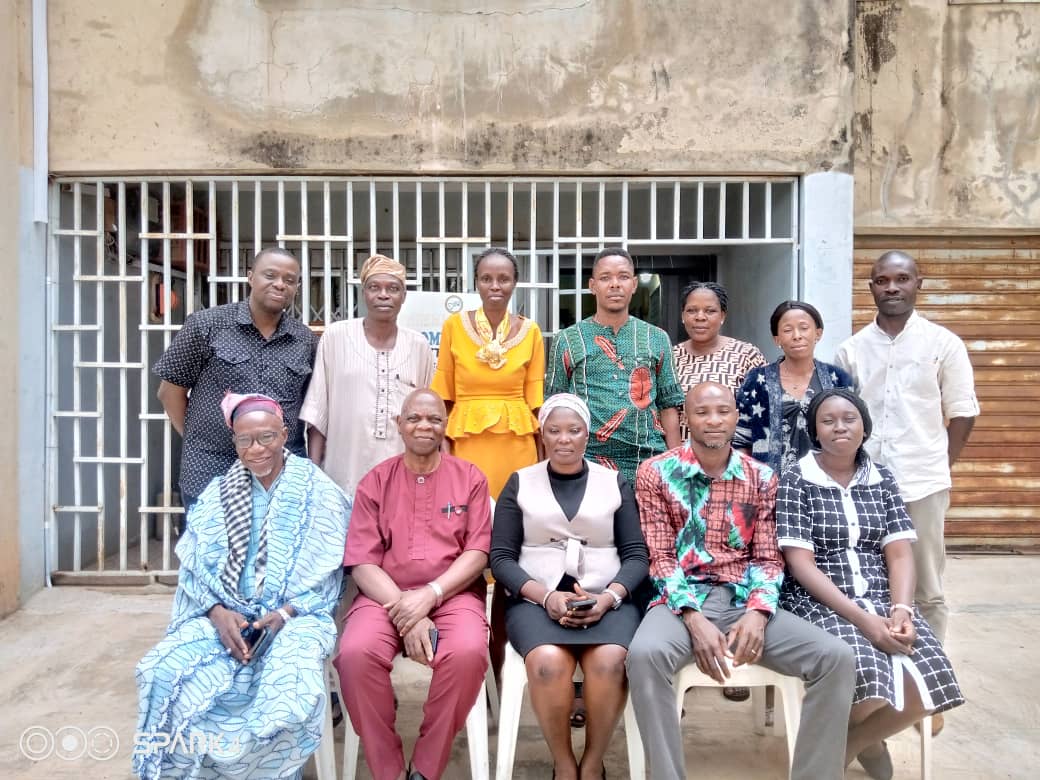
The Global Fund has acknowledged that the fight against AIDS, tuberculosis and malaria cannot be successful without substantial participation from Civil Society Organizations (CSOs) to reach the key population groups most affected by these diseases.
To this end, the Global Fund is sponsoring ACOMIN, a National Network of CSOs working on the prevention, treatment and mitigation of the impact of malaria, as well as the promotion of immunization and better nutrition in Nigeria.
Speaking at a workshop to develop an engagement plan for the project, Adio Olusegun, the Oyo State Coordinator of the Civil Society for Malaria, Immunization and Nutrition, highlighted the crucial role of the government in addressing the negative impact of these diseases in society. While the government is making efforts, he said more needs to be done to improve healthcare services.
Dr. M.D Ogundeji, the Executive Director of the Primary Healthcare and Health Management Centre (PriHEMAC), also pointed out some deficient areas of government, urging the authorities to fulfill their responsibilities in promoting healthcare.
However, Adeyemo Foluke, a state media program officer, stressed that healthcare issues should be a collaborative effort between the government and private institutions. She noted that the government had supported successful programs on tuberculosis and malaria.
The workshop was organized to develop modalities to ensure the success of the health programs aimed at fighting HIV, tuberculosis, and malaria, which often have a limited impact due to insufficient attention to obstacles related to human rights, gender inequality, and other forms of inequality and social exclusion.
To provide a significant role for the key population groups affected by the three diseases in Global Fund activities and effectively eliminate these obstacles with the help of grants, the Global Fund Directorate approved the continuation of the Community Engagement and Strategic Initiative (CE-SI) project, which is being implemented in several countries, including Nigeria.
The goal is to ensure that populations at risk of malaria or underserved by malaria interventions understand the Global Fund’s mandate, strategy, work model, grant life cycle, and relevant country-level oversight and monitoring mechanisms. This will support these populations to engage systematically and regularly with the community and civil society.
